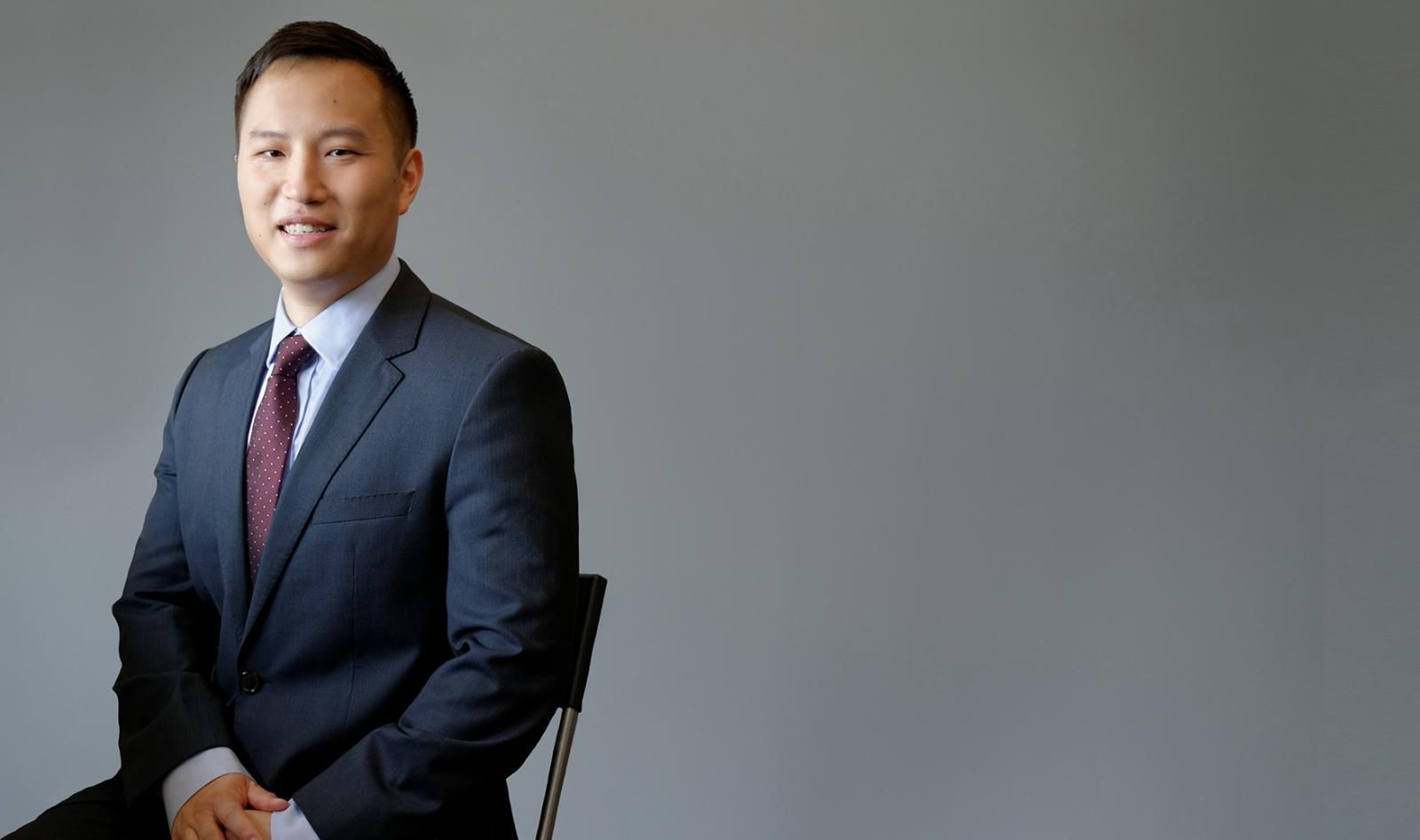Japanese Visa Options for Same-Sex Spouses
October 19, 2015
By: Kenneth Lau
The recognition of same-sex marriage in an increasing number of countries around the world raises the issues of immigration status and available visa options for both partners in such a relationship. In Japan, where same-sex marriage is not recognized, any relaxation of approach will be slower to occur and, at this point, is only likely to extend to foreign same-sex spouses.
Visa options available
Historically, the Japanese Immigration Bureau has not recognized same-sex partners as dependent spouses, which means they have not been eligible to apply for a dependent visa. In previous consultations with the Bureau and Japanese Consulates, officials have recommended that the partner or spouse apply for a different visa type, such as a Student visa or a Work visa.
These options were not ideal as the partner or spouse would first need to ensure they were eligible for such status. For example, a Student visa requires that an individual be enrolled in an educational institution in Japan. The school must also be willing to assist in the sponsoring of such a visa. Similarly, a Work visa requires that an individual finds employment in Japan and that their employer be willing to sponsor their Work visa. Both of these visas would need to be obtained by the individual in their own right, making them independent of the visa status of their partner or spouse.
Designated Activities visa
While obtaining a visa in their own right can be relatively straightforward, it has been much more difficult for a same-sex spouse to obtain a visa as a dependent of a spouse who is a foreign national holding a Japanese Work visa. Because Japanese law does not recognize same-sex marriage, there has been inconsistency in how officials have interpreted the immigration rules for dependent visas when dealing with same-sex spouses.
From experience and after discussions with officials, the recommended and most appropriate approach would be to apply for a visa under the Designated Activities category. This category is somewhat of a catch-all for cases which do not fall neatly under any other. However, we caution that there is a great deal of discretion reserved by the Immigration Bureau for this particular visa category and the documentation required may differ considerably on a case-by-case basis.
In the past, the chances of obtaining a visa approved for a same-sex spouse under the Designated Activities category were low. However, with growing general acceptance of same-sex marriage both in and outside Japan, notably in the US, officials may now be more receptive to such applications.
In 2013, we understand that Japan’s Ministry of Justice issued an internal memo to the effect that if the same-sex marriage is legally and officially registered in the couple’s home country, then the assignee’s same-sex spouse may apply for a Designated Activities visa. However, it is less likely that the same flexibility will hold true for unmarried same-sex partners. This is still very much a grey area and until very recently, immigration authorities were unwilling to consider Designated Activities visas even for foreign married same-sex couples. Now the position seems to be changing, but it is still subject to the discretion of the relevant immigration officer.
Lodgement process for Designated Activities visa
There may be several options for a same-sex spouse to lodge their Designated Activities visa application. These include:
• Option 1: The spouse files a visa application directly at the Japanese Embassy or Consulate in their home country. Discretion is reserved by both these entities as to whether they will accept the application, what documentation may be required, the potential processing time, and more. The application is then reviewed by Japan’s Ministry of Justice and Ministry of Foreign Affairs. If approved, the same-sex spouse is allowed to enter Japan on the Designated Activities visa.
• Option 2: The spouse applies for a change of status after entering Japan in their own right, such as a temporary visitor or as a Student or Work visa holder, after which the application is filed with the Immigration Bureau. Again, discretion is reserved by the Bureau as it is not a regular application and will depend on the strength of the case presented. If the change of status application is approved, the same-sex spouse will receive the Designated Activities visa status.
By way of caution, there are likely to be complications in applying for a Designated Activities visa even with a valid marriage license. Depending on where the application is lodged, there may also be requests for additional information as well as lengthier processing times generally.
Japanese nationals with foreign same-sex spouses
Interestingly, the opening up of the Designated Activities visa category for same-sex spouses does not appear to be applied equally, particularly in cases where one spouse is a Japanese national. Under the Ministry of Justice internal memo, the ability for same-sex spouses to apply under the Designated Activities category may not apply in cases where one spouse is a Japanese national as Japan does not, at this point, recognize same-sex marriages.
Conclusion
As more and more countries’ views evolve on the issue of same-sex marriage, it is clear that obtaining Japanese visa status as a dependent same-sex spouse may no longer be the improbable proposition that it once was. That said, there continues to be uncertainty surrounding the process, as well as uneven advice provided by the authorities. Time will tell whether further clarity will be provided, but, for the moment at least, more options may now be available.



![Porthole Headshot Image Fragomen [Singapore][Partner][KennethLau]](https://www.fragomen.com/a/web/ffvbJGQyBaSbBFxNpfRMs2/39RMXy/fragomen_kenneth_lau_porthole.jpg)











